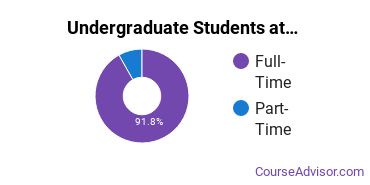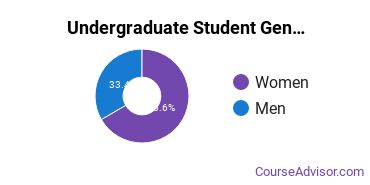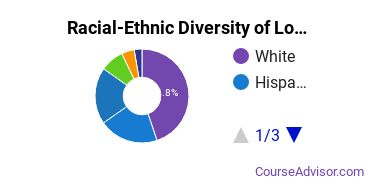Loyola University New Orleans Overview
Loyola University New Orleans is a private not-for-profit institution located in New Orleans, Louisiana. The surrounding area of the school is a good match for students who enjoy city life.
What Is Loyola University New Orleans Known For?
- The highest award offered at Loyola New Orleans is the doctor's degree.
- During a recent academic cycle, 61% of the faculty were full-time.
- Students who graduate from Loyola New Orleans with a bachelor's degree make about $52,927 a year. That's 30% more than those who graduate from other schools.
- It takes the average Loyola New Orleans student 4.2 years to graduate. This is pretty good when compared to the national rate of 4.4 years.
Where Is Loyola University New Orleans?

Contact details for Loyola New Orleans are given below.
| Contact Details | |
|---|---|
| Address: | 6363 Saint Charles Ave, New Orleans, LA 70118-6143 |
| Phone: | 504-865-2011 |
| Website: | www.loyno.edu |
How Do I Get Into Loyola New Orleans?
You can apply to Loyola New Orleans online at: https://www.loyno.edu/admissions/how-apply
Admission Requirements for Loyola New Orleans
| Submission | Required? |
|---|---|
| High School GPA | 1 |
| High School Rank | 5 |
| High School Transcript | 1 |
| College Prep Program | 5 |
| Recommendations | 1 |
| SAT or ACT Scores | 3 |
| TOEFL | 1 |
How Hard Is It To Get Into Loyola New Orleans?
Approximately 28% of accepted students are men and 72% are women. The acceptance rate for men is 74%, and the acceptance rate for women is 80%.
Can I Afford Loyola University New Orleans?
The net price is calculated by adding tuition, room, board and other costs and subtracting financial aid.
Student Loan Debt
Almost 66% of college students who graduated with the class of 2018 took out student loans, but that percentage varies from school to school. At Loyola New Orleans, approximately 61% of students took out student loans averaging $6,516 a year. That adds up to $26,064 over four years for those students.
Explore Best Ranked Schools for You
Loyola University New Orleans Undergraduate Student Diversity

There are also 1,278 graduate students at the school.
Gender Diversity
Of the 2,955 full-time undergraduates at Loyola New Orleans, 34% are male and 66% are female.

Racial-Ethnic Diversity
The racial-ethnic breakdown of Loyola University New Orleans students is as follows.

| Race/Ethnicity | Number of Grads |
|---|---|
| Asian | 94 |
| Black or African American | 530 |
| Hispanic or Latino | 599 |
| White | 1,331 |
| International Students | 79 |
| Other Races/Ethnicities | 322 |
Geographic Diversity
Louisiana students aren't the only ones who study at Loyola University New Orleans. At this time, 42 states are represented by the student population at the school.
Over 49 countries are represented at Loyola New Orleans. The most popular countries sending students to the school are Honduras, Saudi Arabia, and Ecuador.
Loyola University New Orleans Undergraduate Concentrations
The table below shows the number of awards for each concentration.
References
*The racial-ethnic minorities count is calculated by taking the total number of students and subtracting white students, international students, and students whose race/ethnicity was unknown. This number is then divided by the total number of students at the school to obtain the racial-ethnic minorities percentage.
- College Factual
- National Center for Education Statistics
- Image Credit: By Infrogmation of New Orleans under License
More about our data sources and methodologies.
